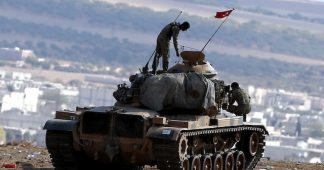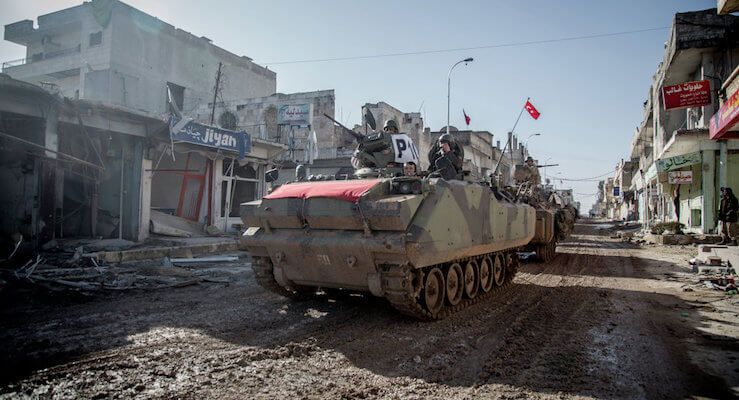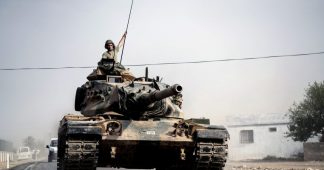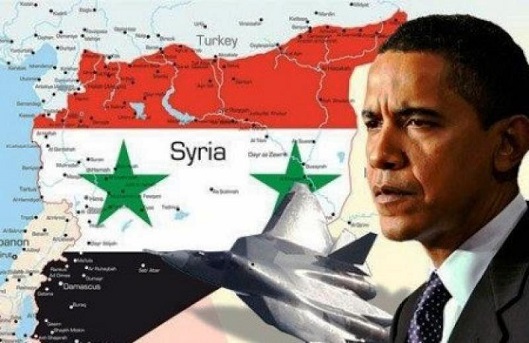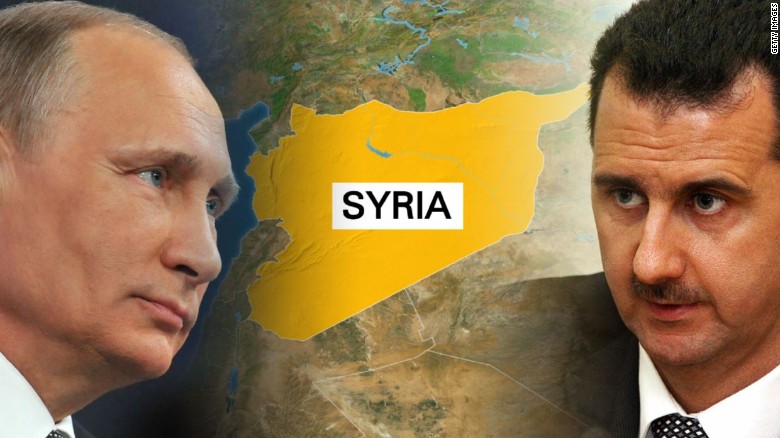In part because my father was murdered by an Arab, I’ve made an effort to understand the impact of U.S. policy in the Mideast and particularly the factors that sometimes motivate bloodthirsty responses from the Islamic world against our country. As we focus on the rise of the Islamic State and search for the source of the savagery that took so many innocent lives in Paris and San Bernardino, we might want to look beyond the convenient explanations of religion and ideology. Instead we should examine the more complex rationales of history and oil—and how they often point the finger of blame back at our own shores.
America’s unsavory record of violent interventions in Syria—little-known to the American people yet well-known to Syrians—sowed fertile ground for the violent Islamic jihadism that now complicates any effective response by our government to address the challenge of ISIL. So long as the American public and policymakers are unaware of this past, further interventions are likely only to compound the crisis. Secretary of State John Kerry this week announced a “provisional” ceasefire in Syria. But since U.S. leverage and prestige within Syria is minimal—and the ceasefire doesn’t include key combatants such as Islamic State and al Nusra–it’s bound to be a shaky truce at best. Similarly President Obama’s stepped-up military intervention in Libya—U.S. airstrikes targeted an Islamic State training camp last week—is likely to strengthen rather than weaken the radicals. As the New York Times reported in a December 8, 2015, front-page story, Islamic State political leaders and strategic planners are working to provoke an American military intervention. They know from experience this will flood their ranks with volunteer fighters, drown the voices of moderation and unify the Islamic world against America.
Read the full article on Politico Magazine
